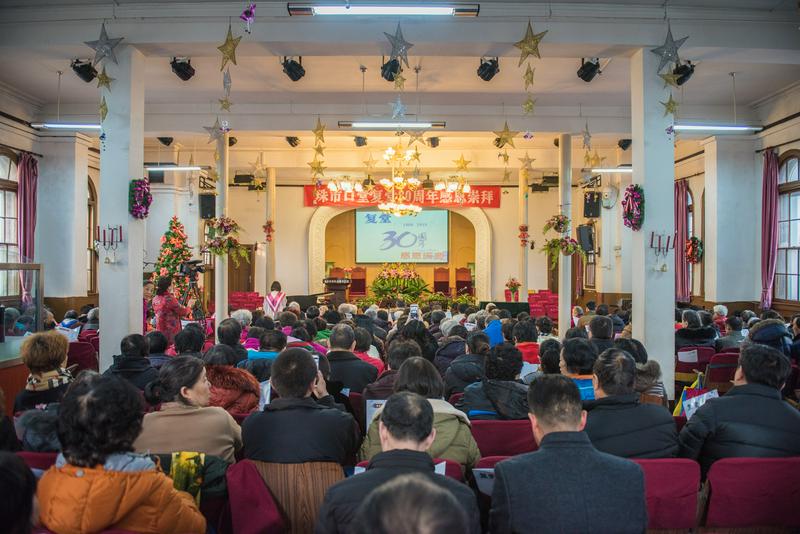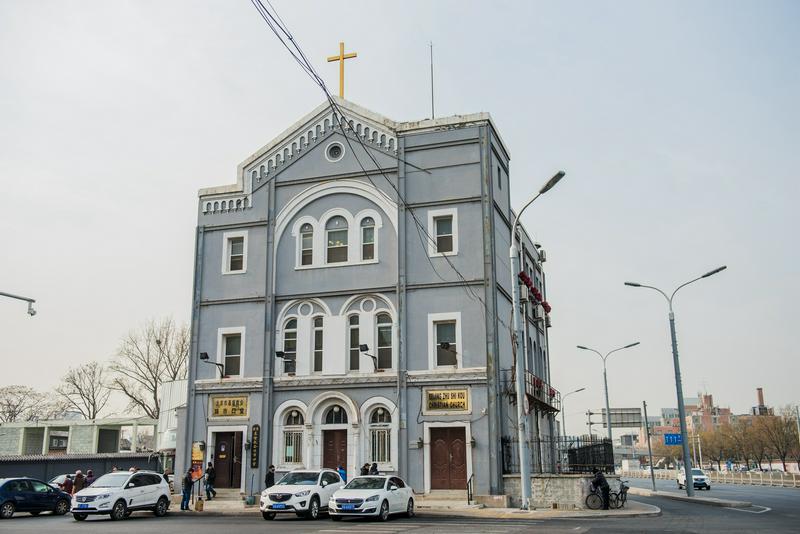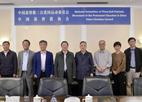On December 20, 2018, Beijing Zhushikou Church celebrated its 30 years of reopening.
Built in 1904, the church was the first church among eight originally established by the Methodist Episcopal Church after 1900. Different from the other churches, this church has been led by Chinese pastors since its founding.
It began to support itself from 1926 and after 1945 and received subsidies from its mission in the United States through the North China Conference. In 1951, the church began trying to support itself.
Seven years later all the congregations in Beijing worshiped together and attended services at four churches located in four quandrants of the city. The Zhushikou Church was named the south church. During the Cultural Revolution, the church was closed and occupied for other use. In 1988, the Beijing China Christian Council (CCC) & Three-Self Patriotic Movement (TSPM) took the church back and started the first large-scale renovation that cost 140,000 yuan. It held the reopening ceremony that December. Due to becoming dilapidated over the years, the church carried out repairs three times.
Now it has eight pastors whose average age is 44 years old who care for more than 5,000 registered believers.
Its senior pastor Rev. Li Yonghong said that the early congregation of dozens of believers were mostly illiterate, elderly, female, or sick. Currently, young people and professionals attend the church, which has advanced the congregation's cultural qualities.
Regarding its ministries, she shared that the church launches several Bible studies, holds gatherings every day, publishes internal magazines, and sends out WeChat messages. The past three decades have also seen it involved in social service in places like Yunnan, Xinjiang, and Heilongjiang.
- Translated by Karen Luo













